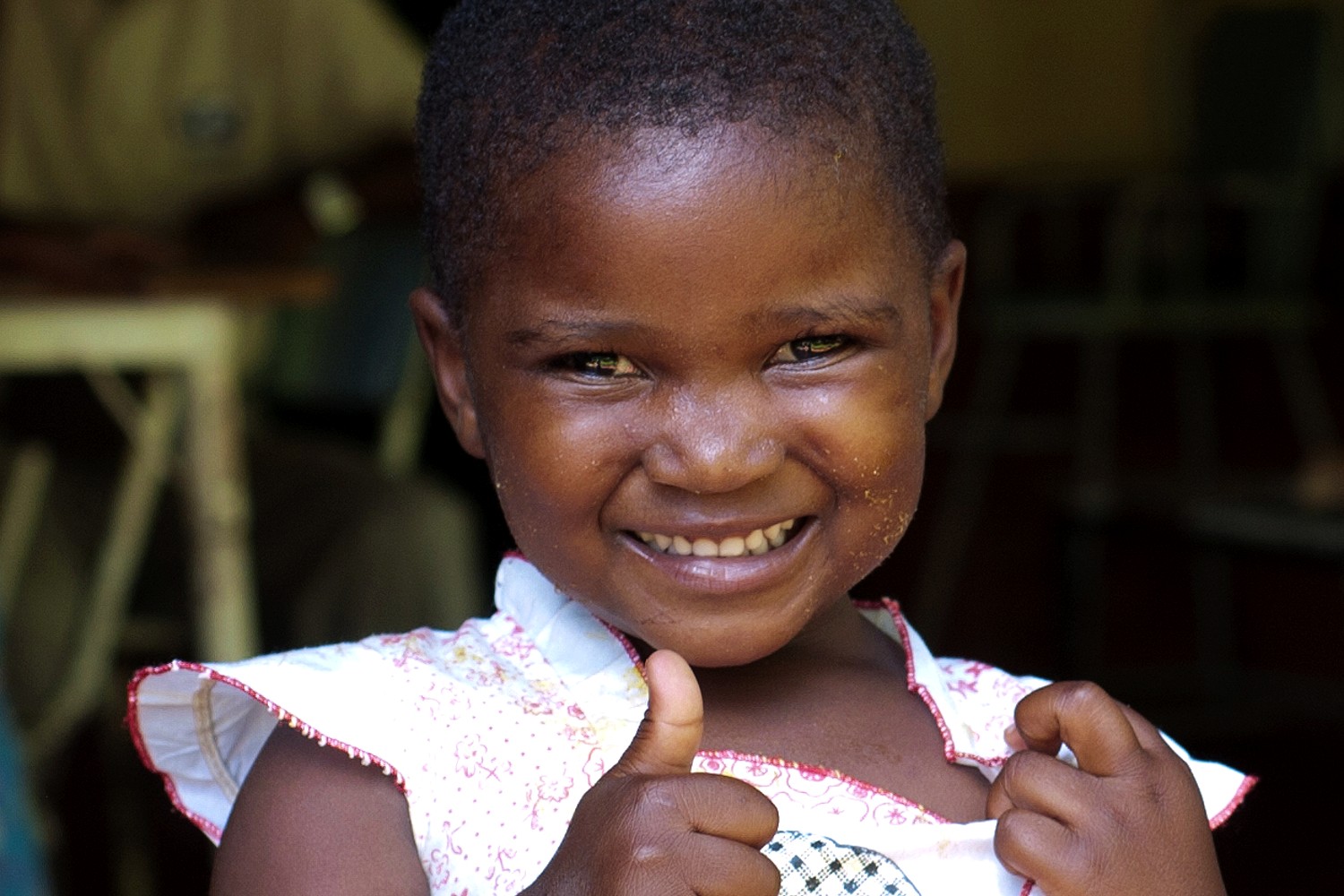Please feel free to leave a message on our WhatApp number or alternatively please call us and we will be able to help you straight away. If you would prefer, send us an email with your details and an outline of your enquiry and we will be pleased to come back to you. We respond to all enquiries usually within 24 hours, but guarantee within 48 hours.
Our Contact Numbers Are: +263 77 389 8979 or +263 71 918 7878
The 40 borehole drilling rigs ordered from India for the village borehole programme being run by the Zimbabwe National Water Authority have started arriving, with two already delivered and the rest on the high seas.
Once again we have the serious care by President Mnangagwa and his Second Republic not to make any promises until action has started.
When the President launched the Presidential Rural Horticultural Scheme in December last year with the pilot scheme in Mangwe, he already knew the orders were being placed and his Finance Ministry had budgeted the money.
Obviously a lot more than boreholes are needed for each installation. Piping and cabling have to be installed in the borehole, the solar panels and the pump they power have to be bought and fitted and reservoirs put in place.
Meanwhile, before the rig appears on site an agricultural expert has to work out where the best place for the actual horticulture plots needs to be laid out, preferably with a gravity flow to cut costs, with a lot of that work done by the farmers.
And a water expert needs to think very seriously where the best place for a good high-flow borehole can best be sited.
The odd dry bore will, this being life, be drilled and the rig will have to stay for a while longer to have another go, but with decent preparatory work, the number of duds will be very low.
Eventually villages need to think what sort of additional piping needs to be laid so the water is more convenient for the families.
Each scheme is quite a complex operation for each group of families and it would be useful if skilled workers are trained in each district, or part of each district, to ensure that the pumps and piping are maintained.
This has been a problem in the past and while support can be granted the families benefiting need to take ownership of the scheme themselves, making sure it continues working and that the boreholes, panels, pumps and pipes are kept secure from vandals and thieves.
As they start to earn an income a lot of the routine stuff can be sorted out promptly without any hand wringing and delay.
The drilling is the expensive part, requiring the capital equipment, and that comes through from Zinwa.
Assuming that all the preparatory work can be done in time for each installation and the after-drilling equipment and installation be readily available it only takes two to four days to actually drill a hole and reach the water.
Most of the rest is a lot of hours of work, up to a fortnight for a decent team, but the rig can just brought in when the site is ready and move off while other teams do the rest.
This means that each rig can drill at least one hole a week, even when we count the travel time, the need for rig and truck maintenance and the like.
So the 40 rigs can drill at least 2 000 boreholes a year and probably a fair number more if everyone is on their toes and all bores are successful.
Somewhere along the line a senior Zinwa manager in charge of the drilling programme will be on a performance contract and that person will have a drilling target, so be moving heaven and earth to make sure the whole collection of teams are active and efficient.
While the first 40 rigs will obviously make a good start to the programme the actual target is 35 000 village boreholes, that will require a larger accumulation of equipment plus maximum efficiency from the Zinwa teams and the extra staffing needed from other departments.
The important point is to get the programmes moving with a reasonable number of boreholes and then as more money becomes available to add to the Zinwa equipment.
Horticulture is a good start, since even with a normal climate you need irrigation for well over half the year, the dry seasons, and with climate change you need a lot more irrigation as we are already finding out.
 |
| Borehole Drilling in Zimbabwe Can Now Move Forward Fast! |
So we need to continue building dams at least at the rate the Second Republic is adding to the stock, plus all the other infrastructure that goes with a dam to make it useful for irrigation.
Irrigation can be spread out so that some rainfall, and even in a drought year we get some, can be used but more and more we are moving from supplementary irrigation to supplementary rainfall if we are to maximise production.
We need to store rainfall, and since one problem we have seen this season is very wet spells interspersed with long dry spells, that means we can fill dams, and the odd and more common cyclone can help there to fill large dams that can store water for some years, plus have the boreholes for immediate village and horticulture use.
These wet spells can also ensure that the aquifers are recharged for boreholes. One calculation that Zinwa will have to do is continual checking of aquifers to ensure that they continue recharging at the required levels.
We have already seen in Harare, especially the northern suburbs where there are now a lot of boreholes with tight spacing, that water tables are falling.
Unfortunately, some households still want to use borehole water to maintain fancy water-intensive gardens, which use a lot, rather than just household use plus the vegetable garden that use a moderate amount.
Even the horticulture rural plots will need careful management to make the water go as far as possible, so we will need conservation farming and the rest of the modern techniques to get as many vegetables as possible of excellent quality, especially as want to export these, but using the minimum quantity of water so the aquifers are not run down.
But we have been learning fast, and with the dramatic increase in dam building, and our cement companies have noticed and welcomed the extra demand, plus now a major start to be made on the rural borehole programme we have moved away from the wasted years and are now making the required serious effort to convert schemes into action.
Read the original article on The Herald.
Borehole Drilling in Zimbabwe is looking forward to your call or WhatsApp Message.
Please feel free to leave a message on our WhatApp number or alternatively please call us and we will be able to help you straight away. If you would prefer, send us an email with your details and an outline of your enquiry and we will be pleased to come back to you. We respond to all enquiries usually within 24 hours, but guarantee within 48 hours.
Our Contact Numbers Are: +263 77 389 8979 or +263 71 918 7878
The Cost or Prices For Borehole Drilling in Zimbabwe:
Please Note: Prices provided here act as a guide only, they may be different at the time of contacting the contractor. Whilst due care has been taken to ensure the authenticity of the above list, the clients are encouraged to practice due diligence and ask for references before they engage a specific contractor.
This website is owned by Borehole Drilling In Zimbabwe.We offer FREE expert advice to property owners who wish to or have boreholes drilled at their properties. We also work with pre-screened and trusted borehole drilling contractors who subscribe to quality workmanship and set standards of professional service.
Borehole Drilling In Zimbabweis meant to be a one-stop platform where clients can easily find professional borehole drilling and maintenance contractors. Of late, many property owners have been crying foul over poor and dishonesty service; from some contractors. This may be a case of lack of information on the part of the client or truly dishonest service on the part of the contractor.
This guide and our free expert advisory services will serve to solve both these problems.
Request A Quote:
If you have further questions, contact our friendly team today they will be more than happy to assist.Borehole Drilling in Zimbabwe Sales: +263 77 389 8979 and +263 71 961 3479.









.jpg)


